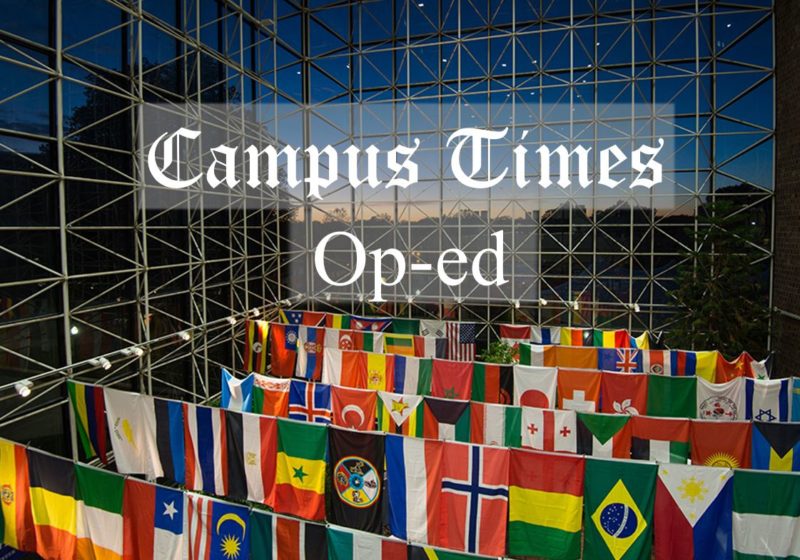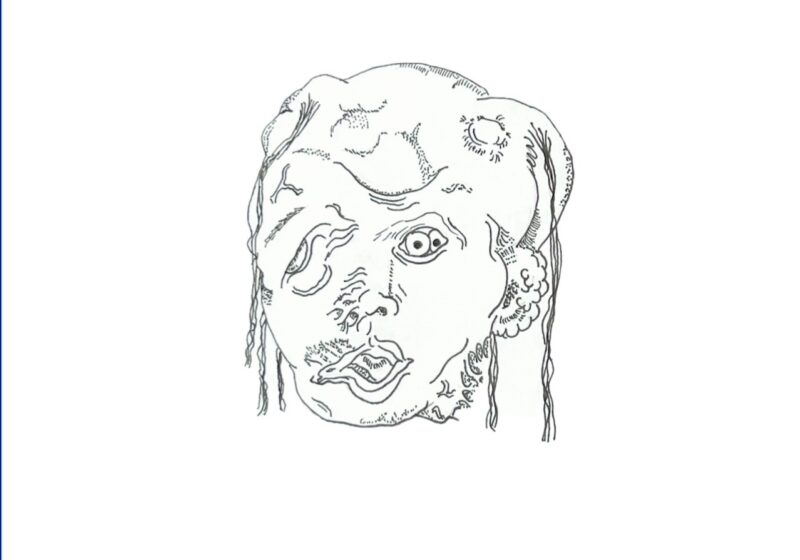My first semester at UR was a shitshow — unbalanced, sleep-deprived, anxious, and toxic. Don’t get me wrong: I collected some funny stories, almost exclusively between 11 p.m. and 5 a.m. I made friends, engaged in meaningful extracurriculars, took great classes, saw “The Matrix,” found mentors, lived as an open and proud queer Asian woman for the first time, and learned a lot. I had, in retrospect, an excellent first year where I engaged in the growth people told me about, becoming a better person.
Here’s some painfully-earned wisdom for your journey. Thousands of people go here. All are smart, motivated, and diverse. You’ll vibe with some, but not all, and that’s fine. Discard your expectations of who you “should” be friends with. If you cultivate friendships based on shared values, and not just first impressions or outward appearance, it’ll be easier for you and your friends to support one another through the long road ahead.
Students here are diverse on paper, but what’s rare to find on an elite campus is a true diversity of ambition, thought, and socioeconomic background. UR has a huge spectrum of diversity. Meliora means something different to everybody –– our individual goals are often different. As a result of this disunity, also known as actual diversity, there is no clear measuring stick to judge ourselves and our accomplishments. Without it, many feel lost. Sometimes, this feeling may seem overwhelming, but it’s a gift. Abandon external notions of what you think you should be or do. Here, measure your success by your standards. Don’t underestimate the amount of resolve and self-reflection necessary to find direction in an environment that allows you to wander freely. If you can find out what fulfills you and drop what doesn’t, it’ll likely be the most useful thing you do here.
Humans are sort of like Sims characters: when their needs are not being met, the player can’t direct them. Unfortunately, you’re both the player and the Sim, and the game is way harder, and doesn’t have a save file. When you find yourself resisting self-direction, take a step back and assess whether your physical and psychosocial needs are being met. Having to force yourself to do things should indicate something is not working, whether it’s your sleep schedule, your methods, or the activity. Our needs will differ from those of our peers, but you’ll be more productive and capable when those status bars are green.
Keep them green by committing to healthy coping habits. I commit daily to a gym session or a spin on my longboard, one full hour of free time, at least 15 minutes of work on a long term creative project, eating one sit-down meal a day, finishing my entire liter of water before day’s end, and a morning routine.
As a result, I hate myself significantly less.
You’ll find there are only a handful of things that keep you performing at optimal levels and many that don’t have much effect. Those six things are my bare minimum. I can miss anything else. Figure out what those things are for you, and once you know what works, make time.
Many students live reactionary lives. They “don’t have time” until they need to cram 12 weeks of coursework into three days. Strong habits will carry you when you have four exams in two days, a project, and a debate tournament slotted on your Google Calendar. When you prioritize habits that fulfill your needs daily, you can work proactively, and deal with the unexpected 40-page paper or mid-reading-period breakup.
This applies to academics as well. Not everyone benefits from long lectures and regurgitating facts. It’s fine to need something completely different from the rest of the class, or the “norm” in general. Try Socratic, a chalkboard, a fake lecture to yourself alone in a Morey classroom, going to the Stacks after dinner every weekday, or office hours. Professors here are willing to work with you, but you need to do the work to understand how you best learn.
That said, we’re kids. If being a healthy, functioning adult was easy, we’d all be one. Toxic coping, toxic relationships, and self-sabotaging behaviors often get in the way of success. Violence to your psyche is just as real as any other violence. Get away from that long-lasting, insidious, drain ASAP. CARE, UCC, and your ResLife staff are great resources. Toxic situations and behaviors might “work” in the moment but are neither effective nor good for filling the void.
Speaking of filling the void, American drinking/hookup culture suggests that all fun activities are toxic. This is largely untrue! Respecting yourself enough to figure out the difference is a part of becoming a healthy, functioning adult. You can have wild college experiences that aren’t toxic, don’t make you feel like shit, and are with people you actually like! Wild.
Self-reflection and good platonic friends encourage healthy coping and positive self-worth. Be critical of your numbing agents. Spend time understanding your needs and stressors, and investigate poor outcomes. You deserve to live a healthy, balanced life where you can access everything you need without compromising your personal boundaries. These are things that you’ll figure out over time.
My first semester GPA was so low that no one believes me when I tell them. It’s still a crapshoot, but last semester, I earned a 3.8, schemed my way into New York Fashion Week, landed a paid internship, and got back into art. All after getting kicked out of engineering, almost flunking out, staying in STEM, declaring two unrelated minors, and pulling back from extracurriculars that I didn’t really like. Even if your first semester is complete ass, you’ll figure it out. You have nothing to prove.Trust yourself. Hustle, be kind, and respect the grind.





